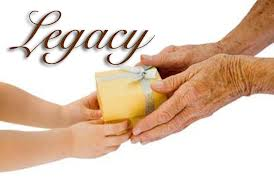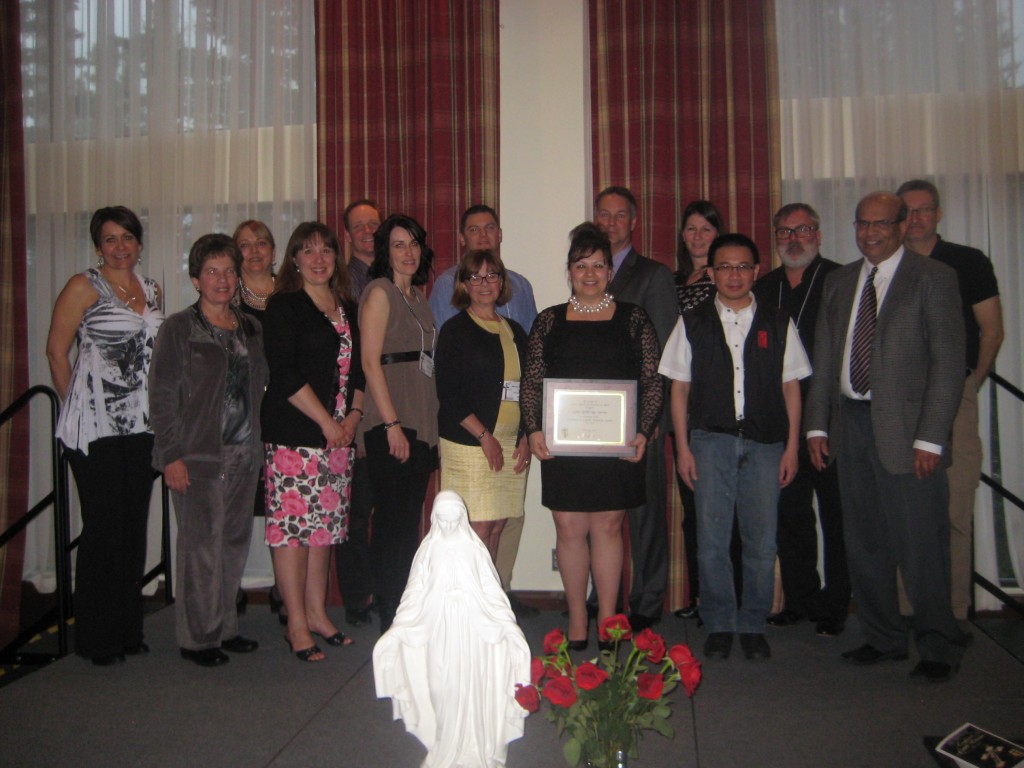The end of the school year is fast approaching. Final exams, year end activities and retirement functions are all a part of this final month. There is a push to get through these last few weeks of school and begin to enjoy a restful summer vacation. But even with the fatigue that is setting in, it is important for all of us in education to self reflect on our year and ask ourselves, “What legacy have I created?”
To accurately assess that question, educators need to engage in self reflection. Although this should be an ongoing practice, it is of greatest value when we come to the end of an activity, a course, a year or a career. This was emphasized for me as I listened to various colleagues who will be retiring at the end of this school year.
There are those who retire from the teaching profession with little or no regrets. They have created such a positive legacy that in essence, they are leaving at the top of their game. I imagine that their introspection throughout their careers was both highly honest and action orientated. “If my actions are not creating a positive legacy, then I need to make a change!” I respect those who have stayed just long enough in this career to remain at the top of their game before retiring. I admire those who leave this profession with a positive legacy of making a difference in the life of a child, co-worker or parent. It is difficult to watch those individuals “ride off into the sunset” because you know that you are losing an exceptional person. Yet, they know (through honest self reflection) when it is time to leave and pass on the torch for others to follow.
Every day that we step into a classroom, office or boardroom, every interaction with an adult or student, we create our own legacy. It is what we do when we live in the educational system…seemingly 24/7. Our legacy may be developed through the exciting classes we teach, but it is more likely built or destroyed by the personal interactions with our students, our peers and our community. I was reminded of this again by Tom Hierck in his TEDxPowell River presentation that I recently viewed. We often are unaware of how our words and actions impact those around us and without any conscious thought we may never know what legacy we are creating.
It is only through honest self reflection that we can truly articulate our own legacy making. Often that causes some uneasiness, because what we see, may not be what we truly want. However, self reflection is not about beating ourselves up because of our failures. We will all fail! Self reflection is about learning from our failures or avoiding less failures. It prevents failing from becoming a permanent condition in our lives. It allows us to create the legacy that we want to create!
In education, we hold the future of children in the palms of our hands. What a great honor but what a great responsibility! Remembering that message and more importantly living it, will allow us to create the legacy that we want to create! At the end of our careers, we all want to define our success as expressed in the words of Ralph Waldo Emerson:
What is success? To laugh often and much; To win the respect of intelligent people and the affection of children; To earn the appreciation of honest critics and endure the betrayal of false friends; To appreciate beauty; To find the best in others; To leave the world a bit better, whether by a healthy child, a garden patch or a redeemed social condition; To know even one life has breathed easier because you have lived; That is to have succeeded.



